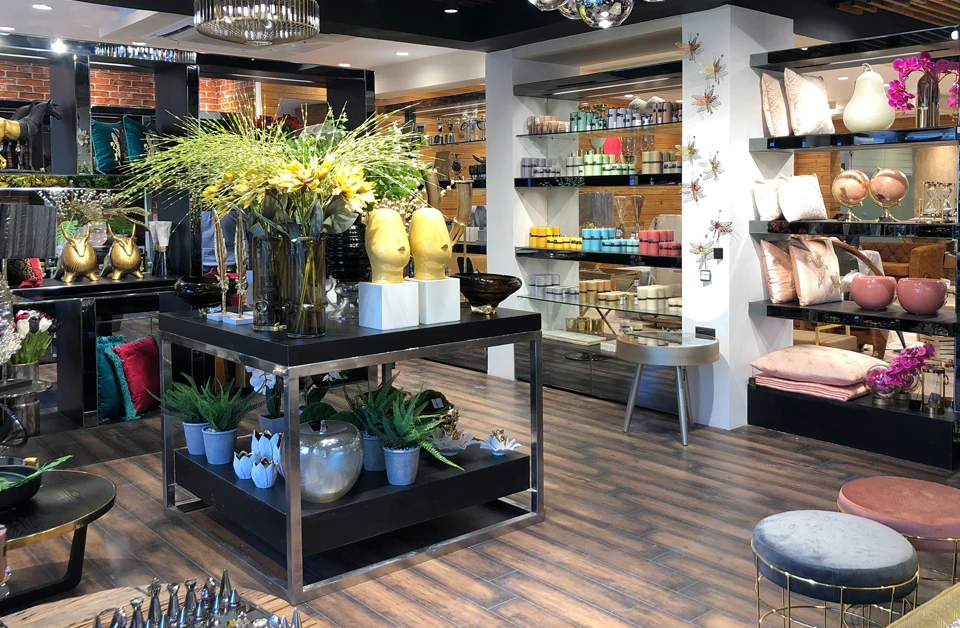When you think about transforming your home in Singapore with sustainable and eco-friendly accessories, you’ll find a variety of options like bamboo furniture, recycled glassware, and organic textiles. These items don’t just enhance your space aesthetically but also align with eco-conscious living. Energy-efficient lighting solutions, like LED bulbs, can further help reduce your energy consumption and carbon footprint. The real question is, how do these choices impact the broader community and environment? What steps can you take to integrate these options seamlessly into your home? Let’s explore this deeper.
Bamboo Furniture
Bamboo furniture has emerged as a popular choice for sustainable home accessories in Singapore, and for good reason. You’ll find that bamboo grows quickly, making it a highly renewable resource. Its durability and strength mean your furniture lasts longer, reducing waste. Plus, bamboo’s natural aesthetic adds a touch of elegance to any home. Opt for bamboo to support eco-friendly living.

Recycled Glassware
Recycled glassware stands out as a remarkable option for those keen on incorporating sustainable practices into their homes in Singapore. By choosing recycled glassware, you’re reducing waste and conserving natural resources. These pieces often exhibit unique designs, making them both eco-friendly and stylish. Supporting local artisans who craft recycled glassware also boosts the local economy and promotes environmental responsibility.
Organic Textiles
Choosing organic textiles is a powerful way to make your home more sustainable in Singapore. Opt for materials like organic cotton, bamboo, and hemp, which consume fewer resources and avoid harmful chemicals. These fabrics are not only eco-friendly but also durable and comfortable. By choosing organic textiles, you’re supporting ethical farming practices and contributing to a healthier environment and home.
Energy-Efficient Lighting
While organic textiles make a significant impact on creating a sustainable home, another key aspect to contemplate is energy-efficient lighting. By switching to LED bulbs, you can reduce energy consumption by up to 80%. These bulbs last longer, reducing waste and saving money. Consider motion sensors and dimmers to further optimize energy use. Small changes in lighting can substantially lower your carbon footprint.
